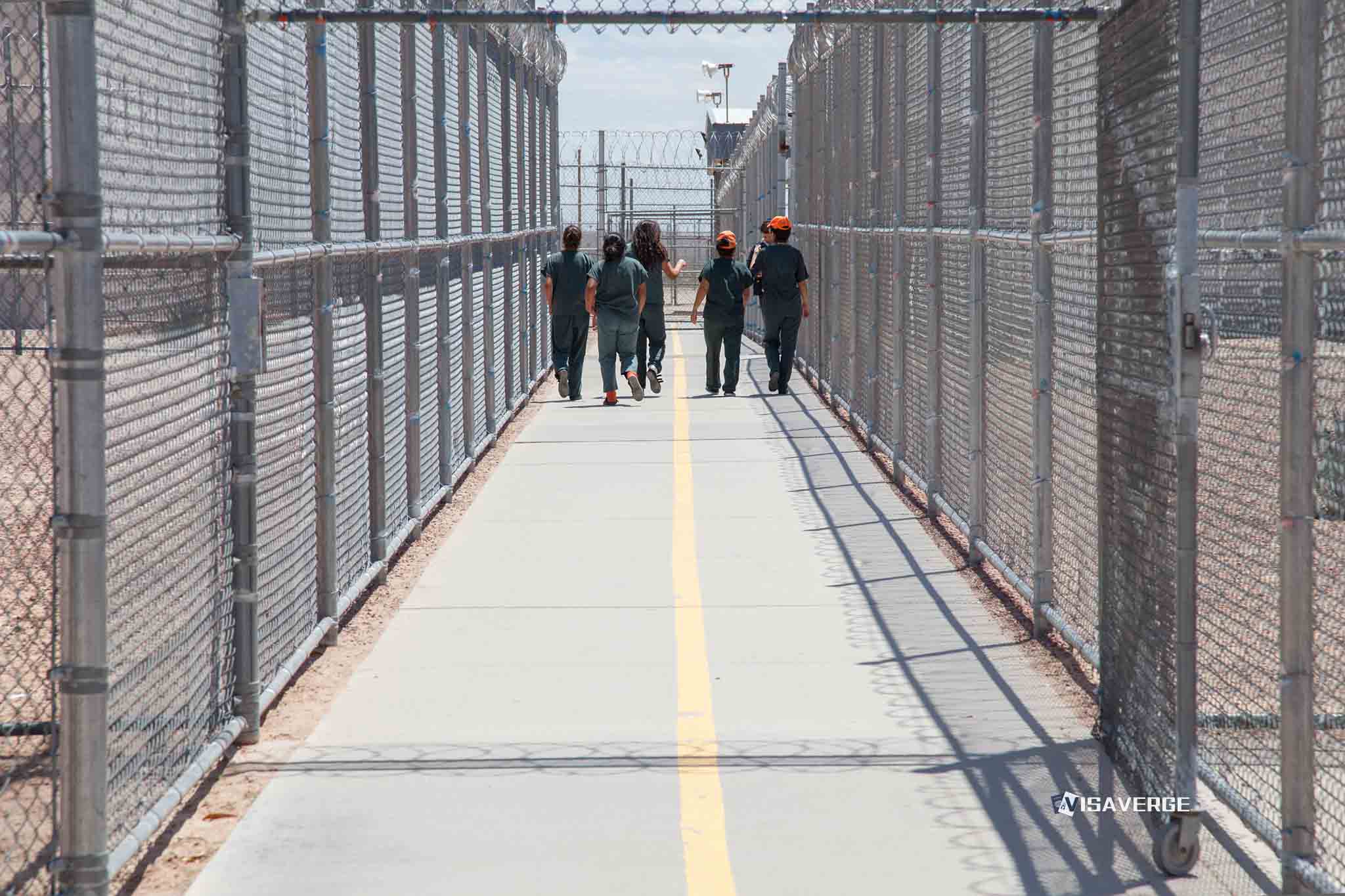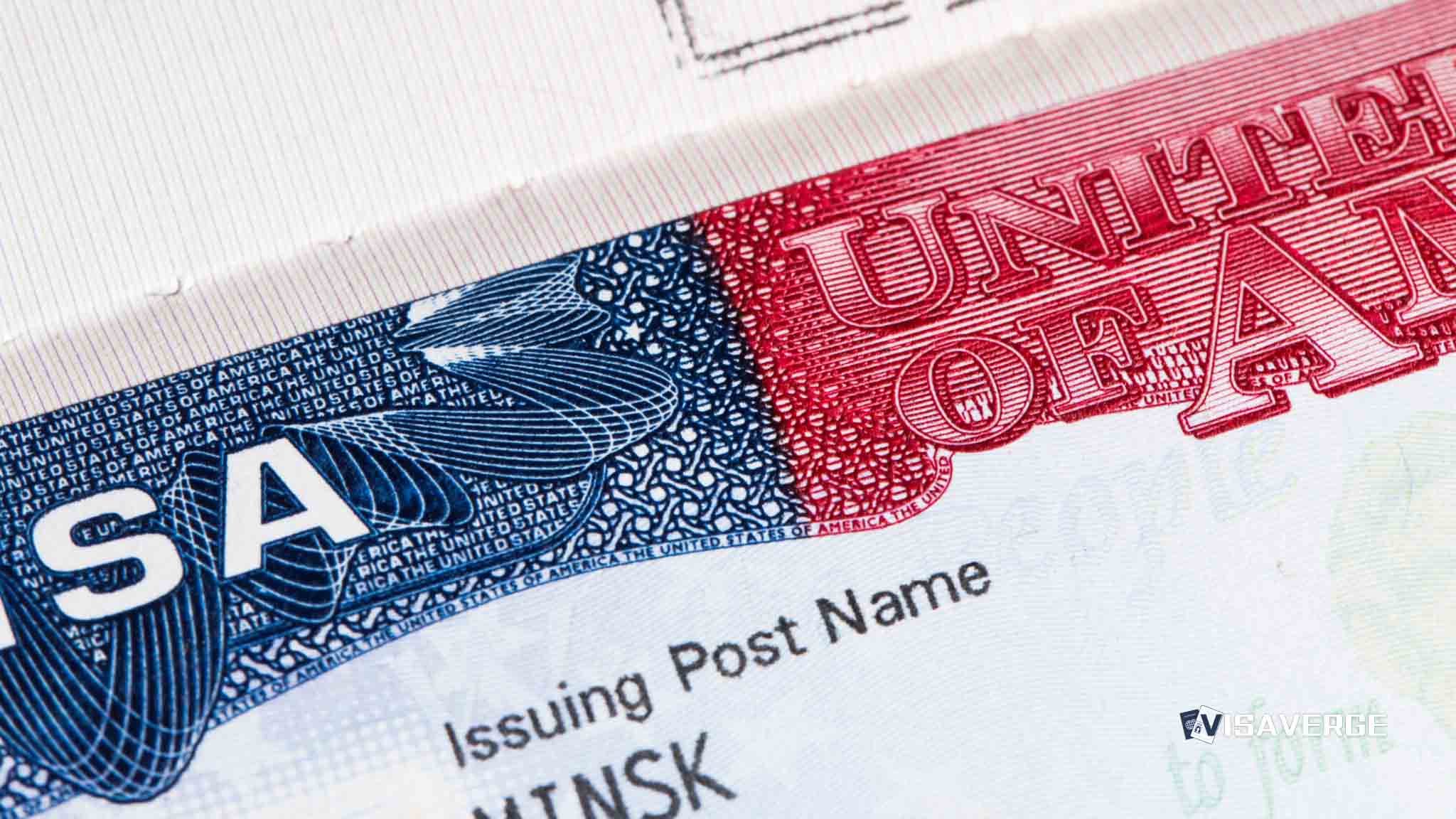As of July 23, 2025, several important updates and clarifications have been made to the main U.S. immigration status categories, affecting U.S. citizens, Green Card holders, F-1 students, H-1B workers, and others. These changes impact rights, responsibilities, application processes, and tax obligations for millions of people. Below is a clear summary of what has changed, who is affected, effective dates, required actions, and the implications for pending and future applications.

Summary of What Changed (2025 Update)
- USCIS has reduced processing times for naturalization and Green Card renewals.
- New rules require Green Card holders to report international travel over 30 days.
- OPT and STEM OPT rules for F-1 students have been clarified, making it easier to apply for extensions.
- H-1B lottery and processing now prioritize higher wages and advanced degrees, with faster premium processing.
- IRS and USCIS data sharing has increased, making tax compliance more important for all immigration status categories.
- Pending legislation may further change Green Card caps and per-country limits later in 2025 or 2026.
1. U.S. Immigration Status Categories: Definitions and Rights
U.S. Citizens
Who qualifies:
– Anyone born in the United States 🇺🇸
– Children born abroad to U.S. citizens (if certain conditions are met)
– Immigrants who complete the naturalization process
Rights:
– Full voting rights in all elections
– Eligibility for federal jobs
– Ability to obtain a U.S. passport
– Can sponsor relatives for immigration
Recent update:
– Naturalization processing times have dropped to about 8-10 months nationwide, making it faster for eligible Green Card holders to become U.S. citizens.
Required action:
– If you are eligible for naturalization, you can file Form N-400 Application for Naturalization and expect a quicker decision.
Green Card Holders (Lawful Permanent Residents – LPRs)
Who qualifies:
– Foreign nationals granted permanent residence in the United States 🇺🇸
Rights:
– Live and work permanently in the U.S.
– Apply for citizenship after 3 years (if married to a U.S. citizen) or 5 years (general rule)
– Sponsor certain family members for immigration
Limitations:
– Cannot vote in federal or state elections
– Risk of losing status for certain crimes or long absences (over 6 months may cause problems; over 1 year requires special permission)
Recent updates:
– Green Card renewal and replacement now take less than 6 months in most cases
– Family-based Green Card backlogs have been reduced by 15% since 2023
– New rule: Starting in 2025, Green Card holders must report any international travel longer than 30 days to USCIS
Required action:
– If you plan to travel outside the U.S. for more than 30 days, notify USCIS using the appropriate process.
– To renew or replace your Green Card, use Form I-90.
Non-Immigrants
Who qualifies:
– Foreign nationals admitted for a temporary period and specific purpose
Key types:
– F-1 students: For full-time academic study
– H-1B workers: For specialty occupations
– B-1/B-2 visitors: For business or tourism
– J-1 exchange visitors: For cultural and educational exchange
– L-1 transferees: For company transfers
Key feature:
– Must show non-immigrant intent (except H-1B, which allows “dual intent”)
Recent updates:
– H-1B lottery now favors higher wage offers and advanced degrees
– OPT and STEM OPT rules for F-1 students have been clarified, making it easier to apply for up to 36 months of work after graduation
– Increased scrutiny on J-1 exchange programs to prevent misuse
Required action:
– F-1 students should work closely with their school’s Designated School Official (DSO) to maintain status and apply for OPT or STEM OPT as needed
– H-1B applicants should ensure all documentation is complete and accurate, especially for wage and degree requirements
Residents (General Term)
Meaning varies:
– In immigration law, usually means Lawful Permanent Residents (Green Card holders)
– In tax law, includes anyone who meets the IRS “Substantial Presence Test” or has a Green Card
– In everyday language, can mean anyone living in the U.S., regardless of legal status
Required action:
– Understand which definition applies to your situation, especially for tax and legal matters
Resident Aliens (Tax & Legal Concept)
Definition:
– IRS term for people who either:
– Hold a Green Card, or
– Meet the Substantial Presence Test (physically present in the U.S. for at least 31 days this year and 183 days over the last 3 years, using a weighted formula)
Implications:
– Taxed like U.S. citizens on worldwide income
2025 update:
– IRS and USCIS now share data to check for tax compliance
Required action:
– If you are a Green Card holder or meet the Substantial Presence Test, file your taxes as a resident alien.
– For more details, visit the IRS official page on resident aliens.
2. Visa Status Classifications: What’s New in 2025
F-1 Student Visa
Who qualifies:
– International students enrolled full-time at SEVP-certified schools
Work rights:
– On-campus work: Up to 20 hours per week during school
– Off-campus work: Only through CPT (Curricular Practical Training) or OPT (Optional Practical Training)
– STEM OPT extension: Up to 36 months for eligible graduates
Limitations:
– No direct path to a Green Card; must change status (often to H-1B) first
– Dependents (F-2) cannot work
Tax status:
– Usually considered nonresident aliens for the first 5 years
Recent updates:
– OPT and STEM OPT applications are now processed faster, with fewer delays
– SEVIS fee remains $350
– Travel: Students must maintain status to re-enter the U.S.
Required action:
– Apply for OPT or STEM OPT as early as possible before graduation
– Keep your SEVIS record and I-20 form up to date
– For OPT, use Form I-765
H-1B Visa
Who qualifies:
– Skilled workers in specialty jobs that require at least a bachelor’s degree
Duration:
– 3 years at first, renewable up to 6 years
Dual intent:
– Can apply for a Green Card while on H-1B without losing status
Work rights:
– Full-time work with the sponsoring employer
– Can change employers if a new H-1B petition is filed
Green Card pathway:
– Most H-1B holders apply for Green Cards through employer sponsorship (EB-2 or EB-3 categories)
Tax status:
– Usually considered resident aliens after meeting the Substantial Presence Test
Recent updates:
– Lottery system now favors higher wages and advanced degrees
– Premium processing decisions in 2-3 months
– Stricter documentation required to prevent fraud
Required action:
– Ensure all paperwork is complete and accurate
– If changing employers, file a new H-1B petition promptly
– For H-1B petitions, use Form I-129
Green Card Holders
Rights:
– Live and work permanently in the U.S.
– Travel internationally (with some restrictions)
– Sponsor certain relatives
Risks:
– Losing status for certain crimes or long absences (over 6 months may cause problems; over 1 year requires a re-entry permit or returning resident visa)
Recent updates:
– Electronic Green Cards (eCards) are being tested to speed up delivery
– Family-based Green Card backlog has dropped by 15%
– New rule: Must report travel outside the U.S. for more than 30 days
Required action:
– Report any travel longer than 30 days to USCIS
– Renew your Green Card before it expires
– For travel over 1 year, apply for a re-entry permit using Form I-131
3. Tax Terms vs. Immigration Terms
Resident Alien (IRS):
– For tax purposes, includes anyone with a Green Card or who meets the Substantial Presence Test
Nonresident Alien:
– Applies to most F-1 students (first 5 years) and short-term visitors
Implications:
– Resident aliens: Taxed on worldwide income
– Nonresident aliens: Taxed only on U.S. income
2025 update:
– IRS and USCIS data sharing means accurate tax filing is more important than ever
Required action:
– Check your tax status each year and file the correct forms
– For more information, see the IRS guide for aliens
4. Implications for Pending Applications
- Naturalization:
- Faster processing means eligible Green Card holders should consider applying now
- Green Card renewals:
- Quicker turnaround, but new travel reporting rules apply
- F-1 OPT/STEM OPT:
- Easier and faster application process, but maintaining status is critical
- H-1B:
- Higher wage and degree requirements may affect new applicants; documentation must be thorough
- Tax compliance:
- All status holders must ensure they file taxes correctly, as non-compliance can affect immigration status
5. Next Steps and Practical Guidance
- U.S. Citizens:
- If you have relatives abroad, you can sponsor them using Form I-130
- Green Card holders:
- Renew your card before it expires and report long trips abroad
- F-1 students:
- Plan ahead for OPT/STEM OPT and keep your SEVIS record current
- H-1B workers:
- Stay updated on lottery changes and keep all paperwork in order
- All immigrants and non-immigrants:
- File taxes correctly and on time to avoid problems
6. Official Resources
- USCIS: www.uscis.gov – Forms, updates, and case status
- IRS: Alien Tax Status – Tax rules for immigrants and non-immigrants
- SEVP: SEVP Portal – F-1 student information
- Visa Bulletin: Department of State Visa Bulletin – Green Card wait times
7. Broader Implications and Stakeholder Perspectives
- USCIS officials are focused on modernizing services and reducing backlogs.
- Immigration lawyers recommend careful planning for status changes, especially from F-1 to H-1B to Green Card.
- Employers support reforms but are concerned about extra paperwork.
- Students welcome easier OPT/STEM OPT but worry about travel and visa renewals.
As reported by VisaVerge.com, these updates reflect a trend toward faster processing, stricter compliance, and more digital services, but also increased scrutiny and documentation requirements.
8. Looking Ahead
- Pending legislation may further change Green Card limits and processing in late 2025 or 2026.
- USCIS plans to expand electronic processing and biometric checks.
- Policy focus remains on balancing security with skilled immigration.
Actionable Takeaways:
- Check your current status and understand your rights and responsibilities.
- Use official forms and resources for any application or renewal.
- Stay informed about new rules, especially for travel and tax filing.
- Consult with an immigration attorney if you have a complex case or are unsure about your next steps.
For the most up-to-date and official information, always refer to the USCIS website.
This comprehensive update ensures that U.S. citizens, Green Card holders, and all other immigration status categories have the latest information to make informed decisions about their future in the United States 🇺🇸.
Learn Today
USCIS → United States Citizenship and Immigration Services, the agency managing immigration benefits and applications.
Green Card → Legal authorization for permanent residence and work in the U.S. granted to foreign nationals.
OPT → Optional Practical Training; temporary work authorization for F-1 students after graduation.
H-1B Visa → Work visa for skilled professionals in specialty occupations allowing dual intent for permanent residence.
Resident Alien → Tax classification for immigrants meeting substantial presence or holding a Green Card, taxed on worldwide income.
This Article in a Nutshell
On July 23, 2025, major USCIS updates simplify immigration processes: faster naturalization, travel reporting for Green Cards, and new priorities in H-1B lotteries enhance fairness and efficiency for applicants across categories.
— By VisaVerge.com








